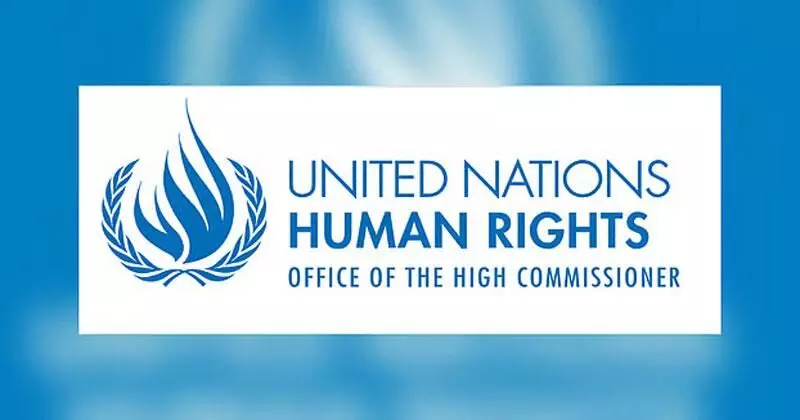UN, Bangladesh sign deal to open human rights mission in Dhaka

Dhaka: The UN Human Rights Office and the government of Bangladesh have signed a 3-year Memorandum of Understanding (MoU) to establish a human rights mission in Dhaka. The agreement—signed this week in Geneva by UN High Commissioner Volker Türk and Bangladesh’s Foreign Secretary Asad Alam Siam—aims to promote and protect human rights in the country. A UN press release issued Friday described the mission as a major step forward in supporting Bangladesh’s transitional reforms and accountability efforts. “The signing of this memorandum sends an important message of the country’s commitment to human rights as a cornerstone of the transition,” said Türk. He added that the mission will help implement recommendations from the UN’s fact-finding report and “engage directly on the ground with the Government, civil society and others.” The mission will provide training and technical assistance, support key institutional reforms, and help Bangladesh meet both national and international human rights obligations. Bangladesh has faced global scrutiny for years of grave rights violations under ousted former Premier Sheikh Hasina’s rule from 2009 to 2023. Rights group Odhikar documented 677 enforced disappearances and 2,699 extrajudicial killings during the 15-year Awami League regime. Tensions exploded in July 2024 during the month-long student-led "July Revolution," sparked by the reinstatement of discriminatory government job quotas. Security forces—including police, the elite Rapid Action Battalion, and ruling-party activists—responded with deadly violence. A UN fact-finding report confirmed at least 1,400 protest-related deaths, thousands injured, arbitrary detentions, torture, and enforced disappearances—some possibly amounting to crimes against humanity. The uprising led to Hasina’s ouster on August 5, 2024 and the installation of an interim government headed by Nobel laureate Muhammad Yunus, who pledged swift reforms. His administration disbanded secret detention sites like 'Aynaghar', signed the UN convention against enforced disappearances, and promised a truth and reconciliation commission. However, recent reports accuse the Yunus-led government of continuing abuses under “Operation Devil Hunt,” including extrajudicial killings, custodial deaths, and mass arbitrary arrests—raising concerns about the continuity of rights violations despite regime change.


